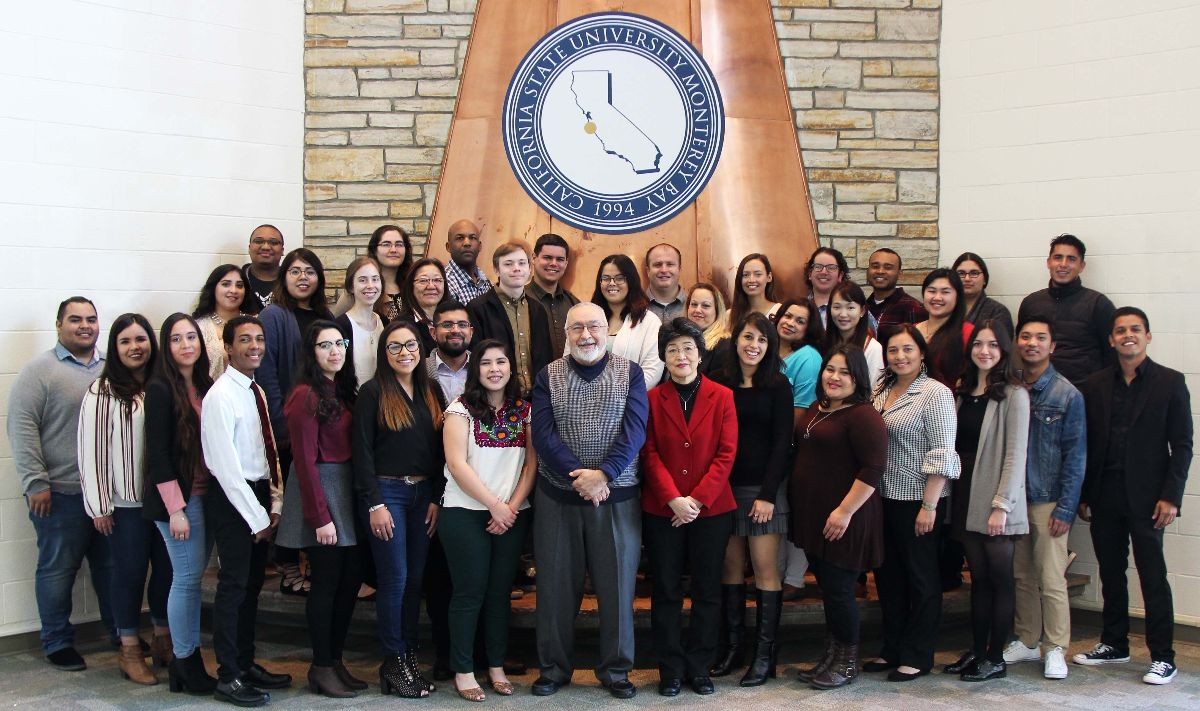World Languages and Cultures
WLC Mission
In alignment with the mission of the College of the Arts, Humanities and Social Sciences, the mission of the World Languages and Cultures program is to prepare students to be active participants in an ever-shrinking and increasingly interdependent globe. WLC prepares students for this global interdependence by developing their literacy in global matters, multi-culturalism and cultural diversity, as well as helping them achieve a formidable level of proficiency in a world language other than English. We also aim to help Heritage speakers maintain and develop their native language skills.
The student graduating with a major in World Languages and Cultures will reach an advanced-high level of proficiency in the language emphasized, as well as acquire a reasonable understanding of different cultural elements (including the arts, literature, history, social interaction, philosophy, etc.), of the primary culture(s) represented by the language which they have chosen to emphasize.
The School of World Languages and Cultures encourages multiple ways of learning about world cultures and/or enhancing language skills. Advocating an interdisciplinary approach to the study of World cultures, students are encouraged to access the selected culture(s) from multiple disciplines: literature, history, business, art, the social sciences, etc. The approach to teaching and learning language is communicative and outcome-based, and relies on the use of multimedia technology that allows students to learn and enhance language skills at an accelerated rate.
WLC majors not only gain the ability to use languages other than English to communicate, interpret and present information, they also gain the knowledge and skills necessary for the understanding of other cultures and worldviews, thereby allowing them to fully participate in multilingual, multi-cultural communities at home and around the world. In this light, the mission and goals of the Institute for World Languages and Cultures are very much in line with the core values of CSUMB's Vision which,
- recognizes the importance of global interdependence,
- promotes the learning of languages and cross-cultural competence, and
- calls for the integration of modern learning technology and pedagogy to create liberal education for the contemporary world.
— CSUMB Vision"The identity of the university will be framed by substantive commitment to multilingual, multicultural, gender-equitable learning... [and] will invest in preparation for the future through integrated and experimental use of technologies as resources to people, catalysts for learning, and providers of increased access and enriched quality learning."
